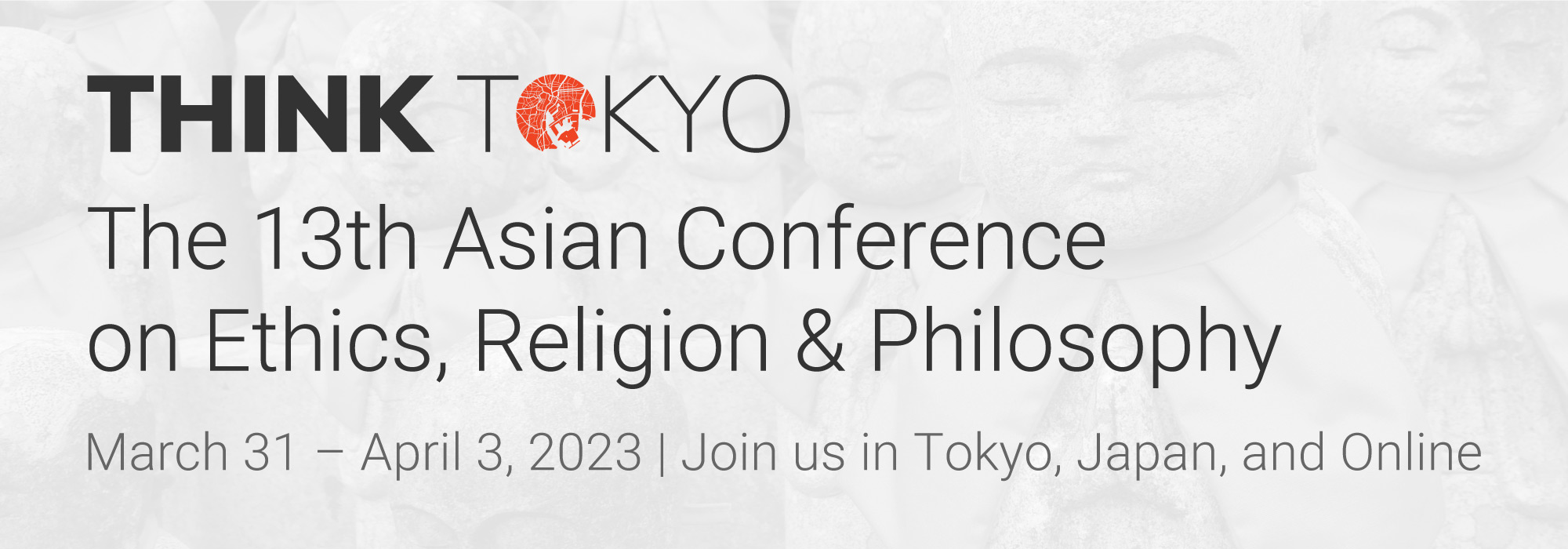In a world still characterized by contention, even violent conflict, between religions and their adherents, “religious tolerance” remains a much promoted value, an ideal to be strived for. This is as it should be, for in an increasingly globalized world, the day in which a single religion can claim the exclusive right to provide the spiritual nourishment for the entire population of a nation is fast drawing to a close. Thus, organized religions are required to compete, yet tolerate, and ideally cooperate, with one another to an ever increasing degree. But is there a down side, a danger, to this mutual tolerance? This presentation suggests there is, a danger vividly demonstrated by the relationship between Shinto, the indigenous, animistic religion of Japan, and Buddhism, a later religious import. The question is addressed of how the mutual influence these two religions exerted on each other over their 1,500 years of interaction should be valued.
Is Religious Tolerance Always Desirable: The Case of Shinto and Buddhism

